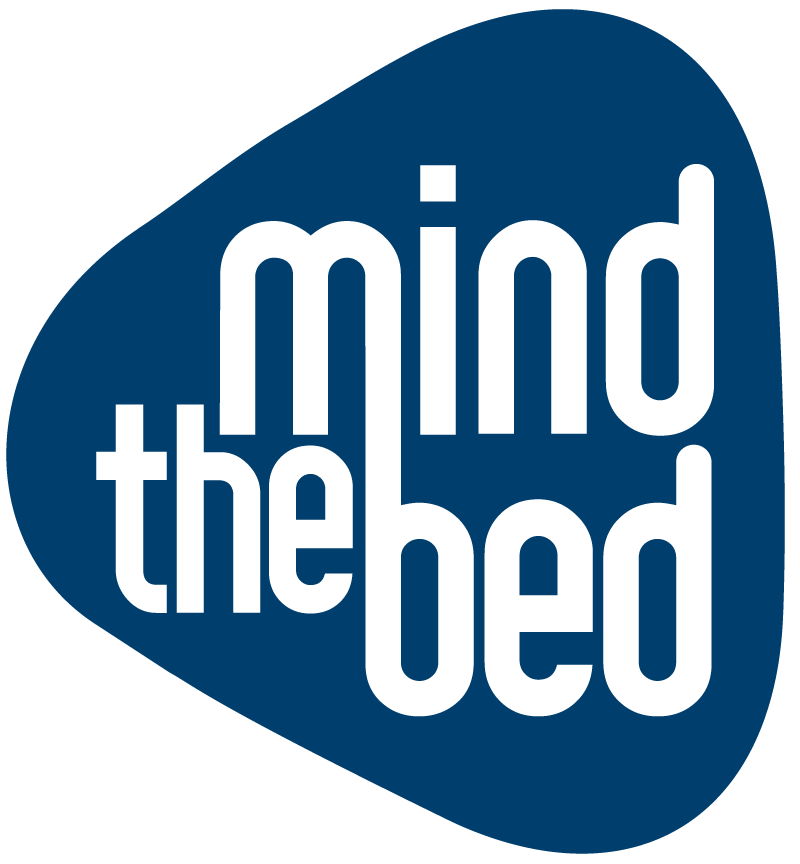The impact of blue light on sleep: science versus marketing
Blue-light-filtering glasses are increasingly touted as the solution to better sleep. But while marketing convinces us, many scientists remain skeptical. What do the studies really say and where is the balance between proven science and clever marketing?
What does science say?
Recently, a think tank of 250 experts, who have collectively published thousands of articles, concluded that blue light at night has a significant impact on our sleep. In fact, according to their findings, blue light disrupts our biological clock, suppresses melatonin production and increases the risks of obesity and diabetes. LED lights with a high factor of blue light are considered particularly risky.
You can read the relevant article here. The article concludes that there is a strong scientific consensus on the importance of lighting impacting circadian rhythms and its impact on our health.
The recommendations include increasing exposure to bright light during the day and minimizing exposure to blue light at night to prevent disruption of circadian rhythms, which are associated with various health risks.
The article also suggests that “circadian lighting” should be widely used and that blue-rich LED lights should carry warnings of possible health risks when used during the night.
People diagnosed with DSWPD (Delayed Sleep-Wake Phase Disorder) have been found to have increased sensitivity to the phase-delaying effects of light compared to healthy control subjects. This increased sensitivity leads to a greater shift in circadian phase when exposed to light. This may contribute to the delayed circadian timing observed in DSWPD patients. Treatments for DSWPD should therefore consider limiting light exposure in the late evening hours to prevent relapse. You can read about that in this article.
Marketing and the claims
Meanwhile, you can find a very wide range of products on the market, including blue-light-filtering glasses, which promise to solve many light-related sleep problems. Marketing campaigns use impressive percentages to emphasize the usefulness of these glasses.
However, some experts, such as Dutch researcher Merijn van de Laar, argue that the evidence for the effectiveness of these glasses on sleep quality and duration in clinical studies is still limited. This raises the question of whether these glasses actually contribute to better sleep or whether we are dealing with a clever marketing ploy here.

What can we believe?
Reality often lies somewhere in the middle. However, current clinical trials do not yet show this. While the impact of light on our sleep is clear, the evidence that blue-light-filtering glasses significantly reduce this impact is not yet convincing enough.
It would be more realistic to educate consumers about the limited evidence and encourage them to take a holistic approach to better sleep, such as getting enough daylight, using light wisely in the evenings, reducing screen exposure and improving sleep hygiene.
Theory versus practice
It sounds logical that blocking blue light in the evening with filter glasses would help improve sleep, since the light signals to the brain that it is still daytime. Science also confirms that reducing bright blue light in the evening and using warmer light can be beneficial to biorhythms. Although theoretically correct, in practice, blue-light-filtering glasses often do not have the expected effect on sleep duration and quality, according to Merijn van de Laar and others.
Part of the problem lies in the difference between theory and practice. Where it seems to make theoretical sense, clinical research does not yet show significant improvement when using these glasses. This may be due to the fact that other factors, such as the placebo effect, the amount of light you are exposed to during the day and sensitivity to light in the evening, can affect the results. Therefore, it is recommended to take in enough natural light especially during the day, limit the use of bright light at night and switch to warmer light.

What does this mean to you?
For now, it is wise to be skeptical about claims made about blue-light-filtering glasses. While it sounds logical, current research suggests that dimming lighting and using warmer light is probably just as effective, if not more effective. It is best to be aware of the difference between theoretical expectations and what has actually been proven in scientific studies.
Frequently asked questions:
Do blue light glasses affect my sleep?
Yes, although current research suggests that dimming lighting and using warmer light is probably just as effective, if not more effective. It is best to be aware of the difference between theoretical expectations and what has actually been proven in scientific studies. And also know that one pair of glasses is not the other.
What color of light makes you sleepy?
According to scientists at the Dutch Brain Institute, red light makes you sleepier than other colors.
Hence the red light filters you can set on smartphones and tablets.
What color makes melatonin?
Blue light suppresses melatonin production, researchers can show. Red light makes you fall asleep faster, but its link to melatonin production has not been proven. Thus, additional studies are needed.
Are blue light glasses useful?
Blue-light-filtering glasses may play a role in improving our sleep, but it is important to understand that scientific support for their effectiveness is still developing. One pair of glasses is not the other, so inform yourself thoroughly.
Can blue-light glasses help you sleep – Conclusion:
Blue-light-filtering glasses may play a role in improving our sleep, but it is important to understand that scientific support for their effectiveness is still developing. One pair of glasses is not the other, so inform yourself thoroughly. It is always wise not to blindly rely on marketing claims and consider a broader approach to addressing sleep-related problems.

